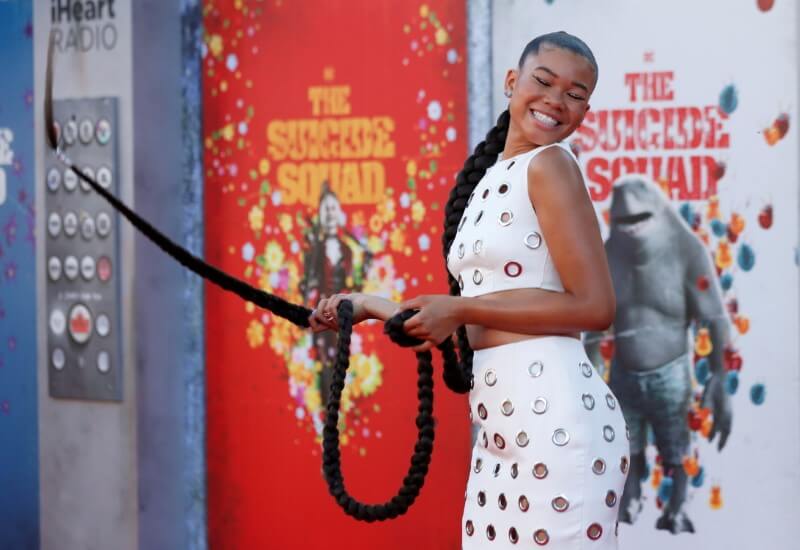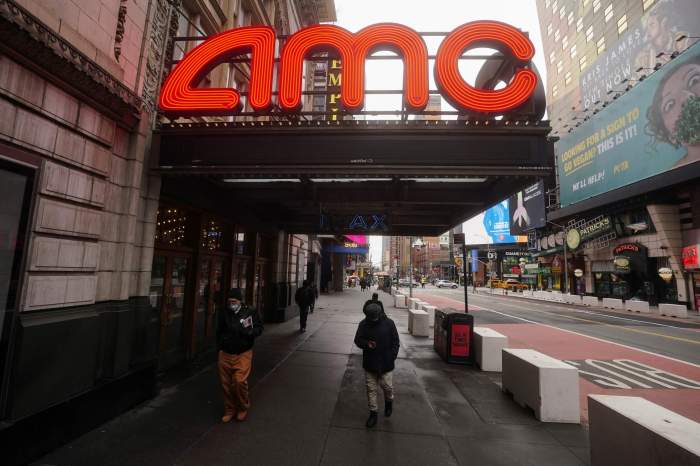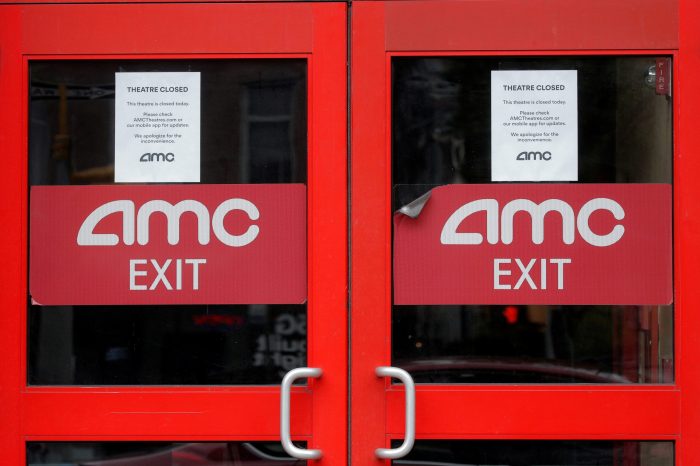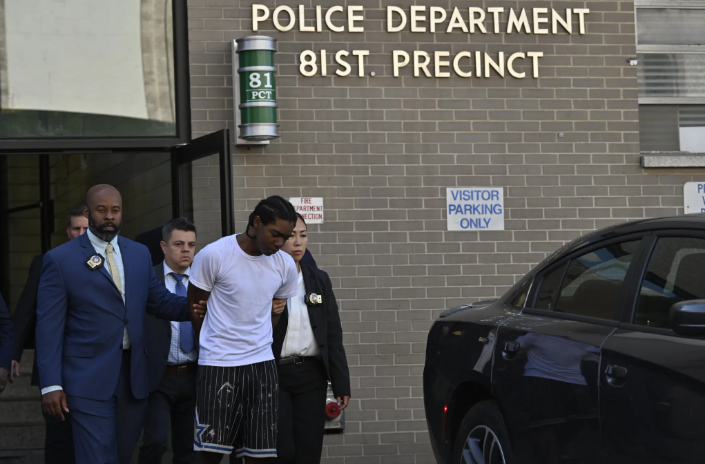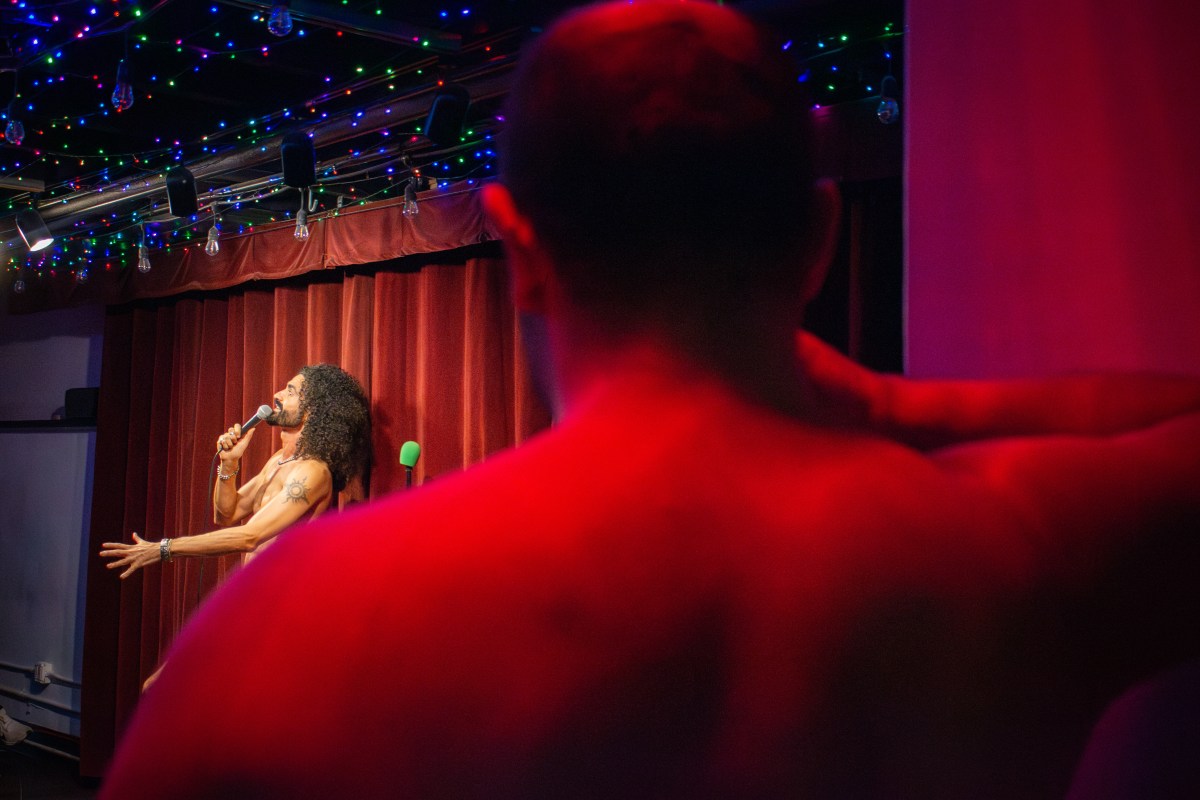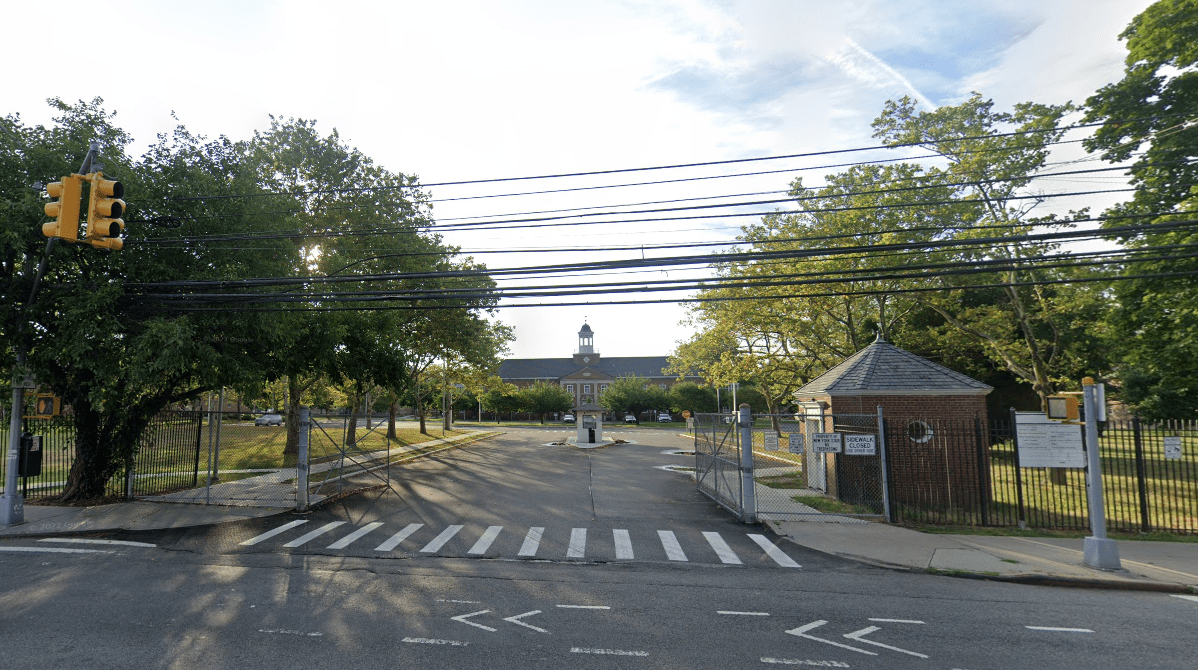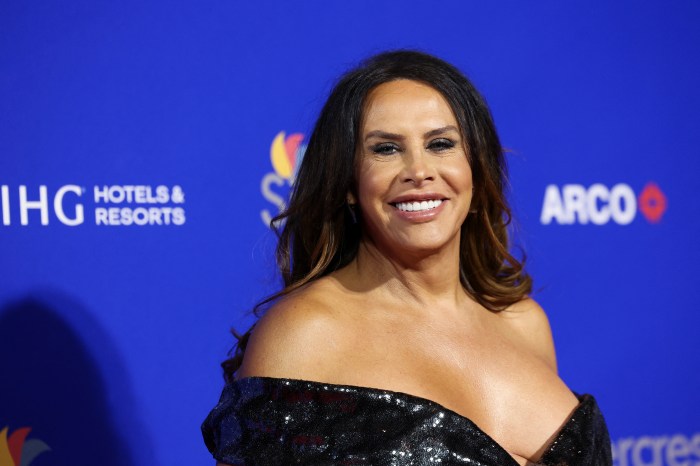“The Suicide Squad,” the R-rated comic book adaptation directed by James Gunn, underwhelmed in its box office debut, collecting $26.5 million from 4,002 North American theaters.
Those ticket sales were easily enough to lead domestic box office charts despite falling short of expectations heading into the weekend. There were several factors contributing to its less-than-stellar start, including but not limited to growing concern over the Delta variant of COVID-19, the Warner Bros. film’s hybrid release on HBO Max at no extra charge to subscribers, and its R-rating.
An opening weekend below $30 million isn’t surprising, given the ongoing pandemic, but it’s disappointing because “The Suicide Squad” cost $185 million to produce and many millions more to promote globally.
At the international box office, “The Suicide Squad” added another $35 million from 70 overseas territories, bringing its global tally to $72.2 million.
“The Suicide Squad” serves as a do-over, of sorts, to the 2016 Warner Bros. movie about a group of expendable super-villains on a deadly mission. It brings back Margot Robbie as Harley Quinn, Joel Kinnaman as Col. Rick Flag and Viola Davis as Amanda Waller, but original stars Will Smith and Jared Leto didn’t return for the fresh spin on the DC Comics adaptation.
Though Robbie and Davis are A-listers, “The Suicide Squad” likely suffered from lack of star power. Despite the vastly different reception (the article-less “Suicide Squad,” directed by David Ayer, has a 26% on Rotten Tomatoes), the latest take won’t come close to reaching the ticket sales of the original, which kicked off with $133 million and ended its run with $746 million globally.
Of course, that film didn’t open during a deadly pandemic and wasn’t offered simultaneously on HBO Max.
Still, industry analysts thought “The Suicide Squad” would have a stronger launch because the film has excellent reviews, and its target audience of younger males have been among the most loyal moviegoers during the pandemic. Instead, “The Suicide Squad” didn’t collect much more than its fellow Warner Bros. and DC tentpole “Wonder Woman 1984,” which generated $16.7 million last December at a time when only 35% of movie theaters had reopened and the idea of a widely available vaccine felt like a far off dream.
Today, more than 85% of U.S. and Canadian cinemas have reopened, according to Comscore.
“Currently, this is an unforgiving market,” says David A. Gross, who runs the movie consulting firm Franchise Entertainment Research. “Under normal conditions, a strong marketing campaign can overcome a few drawbacks and generate a good weekend. Under current conditions, that isn’t happening.”
In a distant second place on box office charts, Disney’s “Jungle Cruise” dipped 55% in its second weekend with ticket sales totaling $15.7 million from 4,310 venues. The family friendly film, starring Dwayne Johnson and Emily Blunt, has grossed $65 million in North America and $121 million globally. Disney reported last weekend that “Jungle Cruise” made $30 million on Disney Plus, but the studio did not provide an update beyond its initial outing.
Universal’s psychological thriller “Old” landed in third place with $4.1 million from 3,138 locations. After three weeks on the big screen, the M. Night Shyamalan movie has pocketed $38.5 million. The PG-13 film has amassed another $26 million at the international box office, propelling its global tally to $65 million. That’s not a bad result since “Old” cost $18 million to produce. Unlike many summer releases, such as “The Suicide Squad” and “Jungle Cruise,” the latest mind-bender from Shyamalan is only available to watch in theaters.
At the No. 4 spot, Disney and Marvel’s “Black Widow” pulled in $4 million from 3,100 theaters. The superhero tentpole, starring Scarlett Johansson as the eponymous Avenger, has earned $174 million at the domestic box office and $359 million worldwide. It made at least an additional $60 million on Disney Plus, where it premiered on the same day as its theatrical debut, but, like “Jungle Cruise,” the studio didn’t report digital purchases after its opening weekend.
With this weekend’s total, “Black Widow” has surpassed Universal’s “Fast and Furious” sequel “F9” to become the highest-grossing movie of the year in North America. Still, it ranks as one of the lowest-earning titles in the Marvel Cinematic Universe. For that reason, “Black Widow” has been in the center of a bitter, public dispute after Johansson sued Disney, alleging the film’s day-and-date release on Disney Plus was a breach of contract and cost her tens of millions in backend deals. Disney has claimed the actor received a healthy sum tied to its launch on the company’s streaming service and asserted her lawsuit showed “callous disregard for the horrific and prolonged global effects of the COVID-19 pandemic.”
Rounding out the top five, Matt Damon’s drama “Stillwater” posted $2.86 million from 2,611 theaters. The well-reviewed Focus Features film, about a man who travels to France to clear his daughter’s name, has crossed the $10 million threshold, which is a nice accomplishment for an indie film amid the pandemic.



